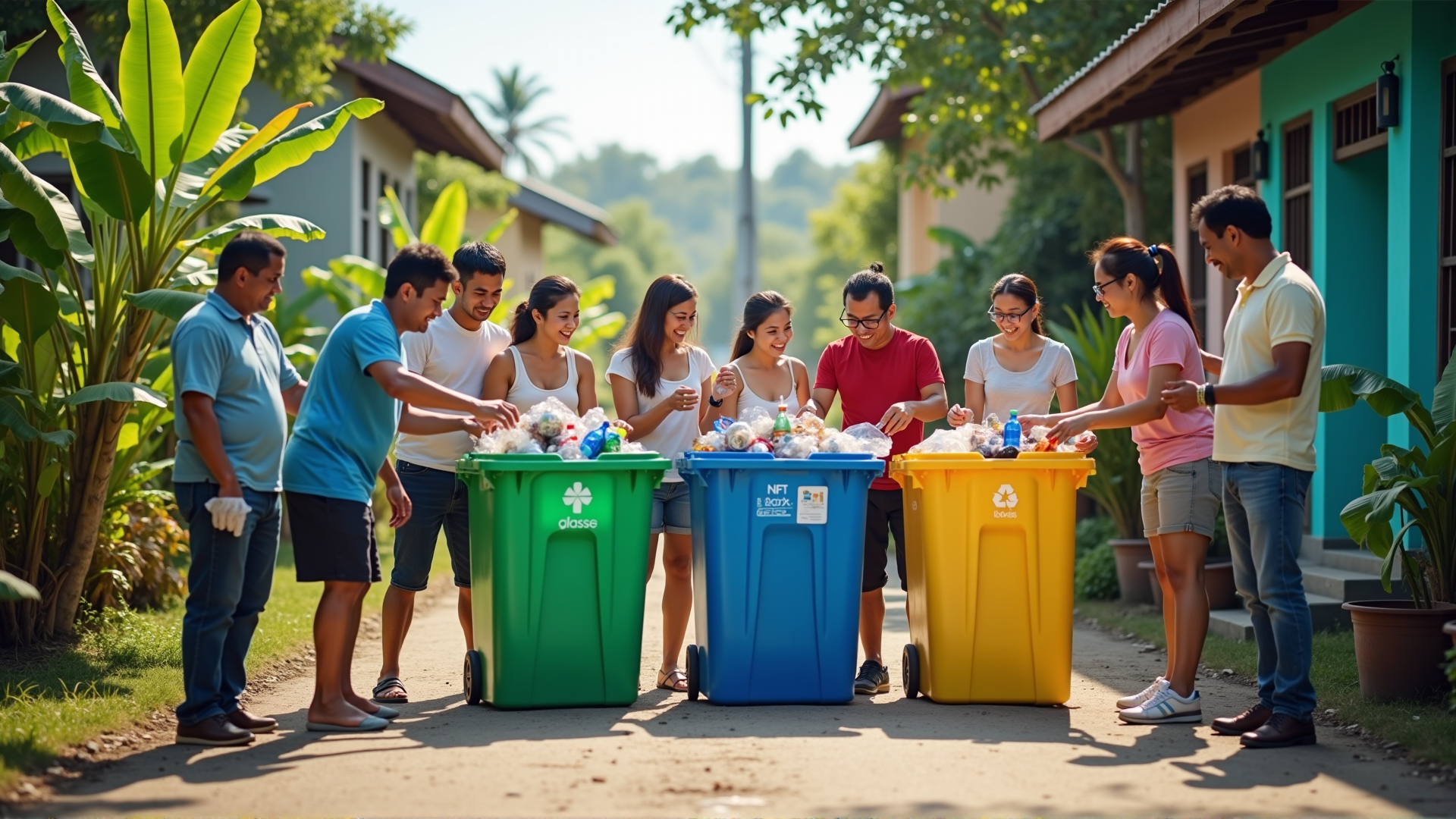In the heart of Southeast Asia, the Philippines is emerging as a leader in creative recycling strategies, demonstrating a deep commitment to safeguarding natural resources and promoting conscious use of materials. Communities across the archipelago are spearheading innovative programs that not only address waste management issues but also set an example for others to follow.
At the core of these initiatives is the transformation of discarded materials into functional goods, offering a sustainable alternative to traditional disposal methods. In urban areas like Metro Manila, local groups are turning single-use plastics into eco-bricks, which are used to construct benches, community centers, and even classrooms. This practice not only reduces waste but provides essential infrastructure, showcasing how circular practices can yield tangible benefits.
In rural regions, residents are embracing the "zero waste" philosophy, focusing on minimizing consumption and maximizing resourcefulness. For example, local artisans have been utilizing old newspapers and magazines to create decorative items and home accessories, merging craftsmanship with ecological consciousness. This approach not only conserves materials but also revives traditional arts, ensuring cultural preservation alongside environmental stewardship.
Educational programs also play a pivotal role in advancing these recycling techniques. Schools in various provinces have integrated environmental education into their curriculums, encouraging young minds to think creatively about waste. Through workshops and hands-on activities, students learn how to repurpose everyday items, instilling a mindset of sustainability from a young age. This generational shift is vital to fostering a future where eco-friendly practices are the norm rather than the exception.
Moreover, collaborations between community leaders, non-governmental organizations, and small businesses are proving instrumental in scaling these efforts. By working together, they have been able to increase awareness, share resources, and create networks that amplify their impact. Such partnerships are essential for spreading knowledge and demonstrating the practical advantages of innovative recycling.
The success of these Filipino communities lies in their ability to adapt and innovate in the face of environmental challenges. Their experiences serve as a blueprint for others seeking to implement similar strategies, highlighting the potential of local actions to drive global change. As the country continues to navigate the path towards sustainability, it stands as a beacon of hope and inspiration in the collective journey towards a greener, more sustainable world.
